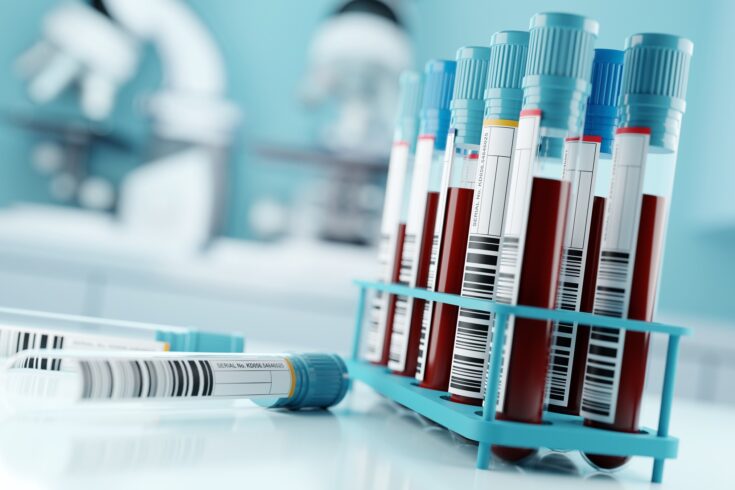Scientists from Cardiff University have developed a single blood test that can measure the T-cell and antibody response to COVID-19.
They worked with Welsh biotechnology company ImmunoServ to develop the test. The collaboration was funded by UK Research and Innovation (UKRI) and Cancer Research Wales.
The new test accurately detects the T-cell and antibody response to the virus in one blood sample. Together, the researchers say, these responses represent the level of immunity from COVID-19.
Future outbreaks and at-risk individuals
The test can be used to measure the immune response brought about by vaccination and previous infection.
Researchers working on the project say the test could have a range of benefits.
Dr Martin Scurr, a research associate at Cardiff University’s School of Medicine, said:
COVID-19 infection rates remain alarmingly high, and it is clear infection even after vaccination is an issue. To help control future outbreaks and identify at-risk individuals, it is important to understand the exact make-up of the immune response to COVID-19.
The test can be made widely available, is easy to employ and cost effective, and should play a very useful role in monitoring this pandemic. For instance, by identifying individuals at greater need of booster jabs.
T cells and antibodies
Antibodies are proteins used by the immune system to identify and neutralise bacteria and viruses. Antibody testing was seen as essential during the first stages of the pandemic, but they are just one part of the body’s immune response. In some people, this response is weak and short-lived.
T cells are white blood cells that are part of the immune response. Some scientists believe T-cell immunity plays a much greater role in protecting people from future infection, but large-scale testing has proved challenging.
The Cardiff University study was published in the journal, Immunology. The researchers took blood samples from 231 healthy donors and 68 with underlying cancer.
They stimulated T-cells with small pieces of the virus called peptides. The T-cells recognise these peptides if the individual has been previously infected or vaccinated and produce easy-to-measure chemicals named cytokines.
They also monitored the size of the T-cell and antibody responses in a group of people tested before, during and after the UK’s COVID-19 vaccination campaign. While both vaccine doses were required to maximise the T-cell response against the virus, the study found previously infected individuals required only one dose to achieve comparable immune responses.
Critical knowledge for revaccination and boosters
The test proved most useful in monitoring immune responses in patients considered more at risk from COVID-19, even after vaccination. The study found the second vaccine dose was essential for cancer patients.
In some cancer patients there is a dramatic fall in immune responses at three months, not seen in healthy controls, and highlights the importance of monitoring these responses.
Professor Andrew Godkin, co-senior author from Cardiff University and the University Hospital of Wales, said:
Without this sort of information there is uncertainty around whether repeated booster vaccinations will be required in future, and who in particular will need them. This data is crucial for understanding how and when to offer re-vaccinations to different groups.
The research team will also monitor whether T-cell and antibody responses induced by vaccination can protect against SARS-CoV-2 mutant variants, including the Omicron variant that is currently the most prevalent in the UK.
Last updated: 2 February 2022

